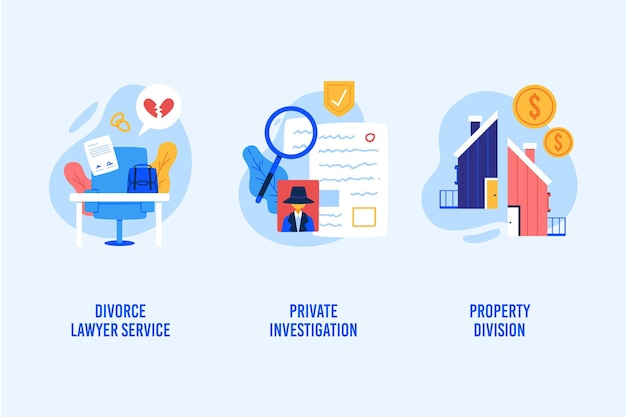
One of the most common, light-hearted questions people love to ask each other is:
“What would you do if you won the lottery?”
The typical responses range from buying a fancy new car, going on an extravagant shopping spree, taking an exotic vacation, or finally getting that thing you’ve always wanted. However, beneath all these fun answers, most people usually settle on two practical choices:
“I’d pay off my house.”
“I’d invest the money.”
While winning the lottery is rare, we regularly make similar decisions on a smaller scale. For instance, consider these scenarios:
Do you ever think about whether you should put your paycheck into a 401(k) or use it to pay off your mortgage?
When you receive a tax refund, a profit-sharing check, or an inheritance, do you wonder which use of the money is better?
Let’s explore this question by looking at the factors that make one option more beneficial than the other.
Assumptions:
Let’s create a simple example. Imagine you suddenly receive $150,000. Simultaneously, you decide to buy a house with a $150,000 mortgage. This mortgage has a 30-year term and a fixed interest rate of 5.00%, without any points. Your fixed monthly payment, covering both principal and interest, would be $805.23.
Given these parameters, here are your two sensible options:
Option A – Pay off the entire mortgage balance immediately. From then on, you could invest the $805.23 you used to pay monthly mortgage payments.
Option B – Hold onto your $150,000 and invest it right away. You would continue to pay the standard $805.23 monthly mortgage payment from your income.
Pop Quiz:
Which option would lead to a higher future value of your money, assuming the same 5.00% interest rate as your mortgage?
The answer? They’re the same!
Here’s why: The monthly mortgage payment is calculated based on the future value of that $150,000 over 30 years at a 5.00% fixed interest rate. Your monthly payments are not simply $670,161.65 divided by 360 months because of compound interest. Each $805.23 payment includes a 5.00% interest increment, ultimately adding up to $670,161.65, the same as if you’d invested the initial $150,000.
Think of it this way:
Your mortgage operates like an investment where you earn the same return rate as your mortgage interest rate.
Remember, however, that a mortgage is debt (money you owe) versus an investment (money that you own and have access to).
By the way, you can easily calculate this using Microsoft Excel by typing “PMT” in the help box to learn about the built-in function for calculating loans, including fixed-rate mortgages. Excel will guide you through setting this up.
Upcoming:
While this example is useful, it doesn’t fully answer our question. In Part 2, we’ll delve deeper into which decision—paying off the mortgage or investing—is more advantageous.
